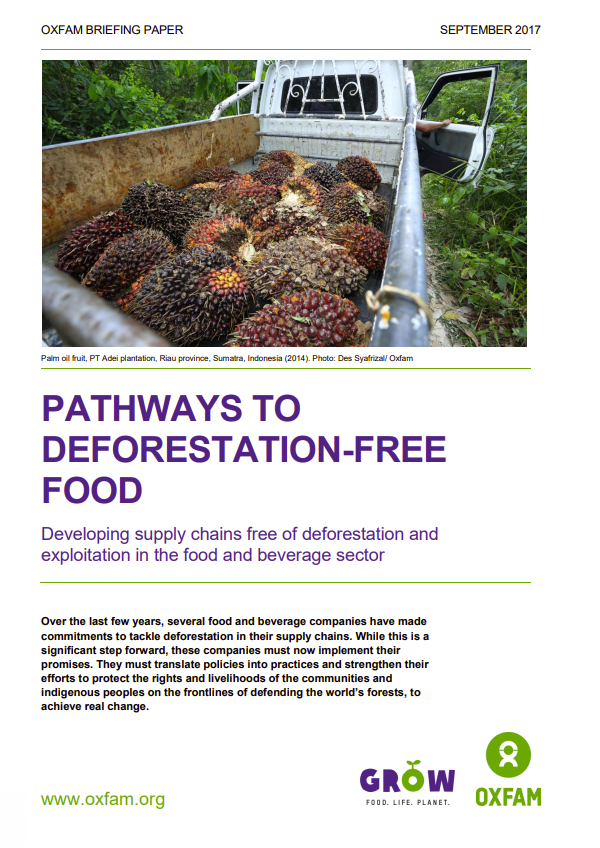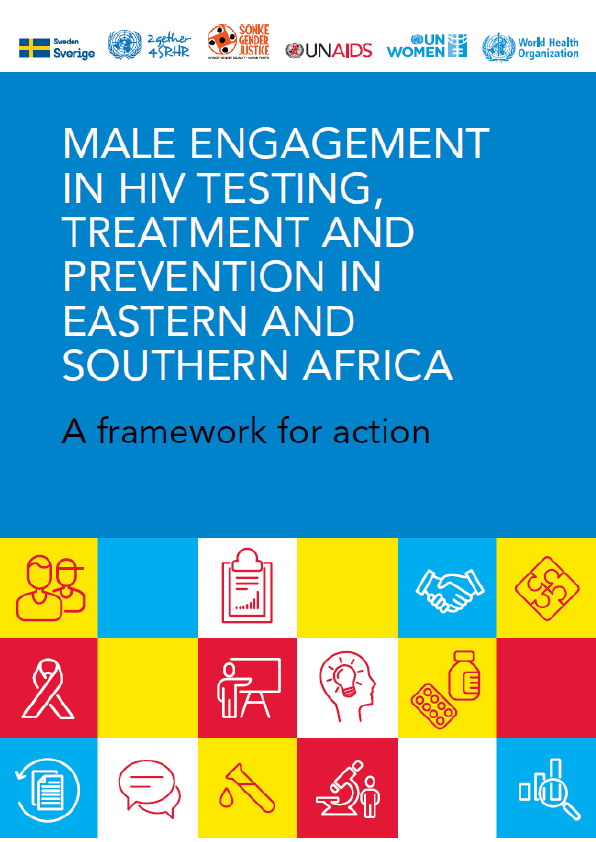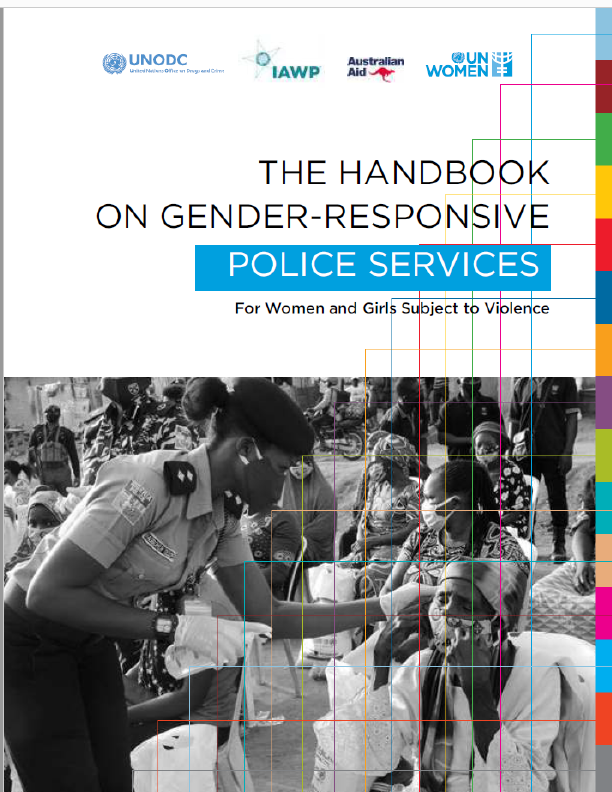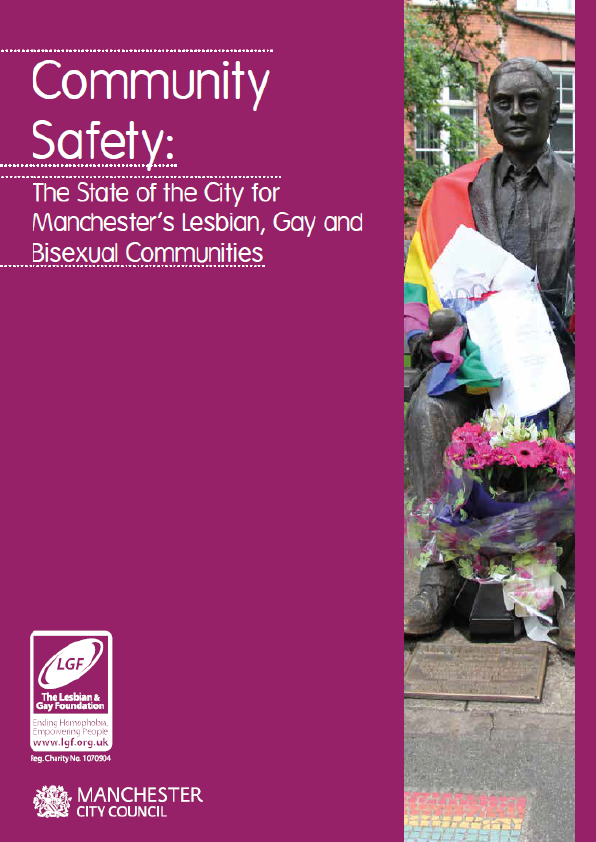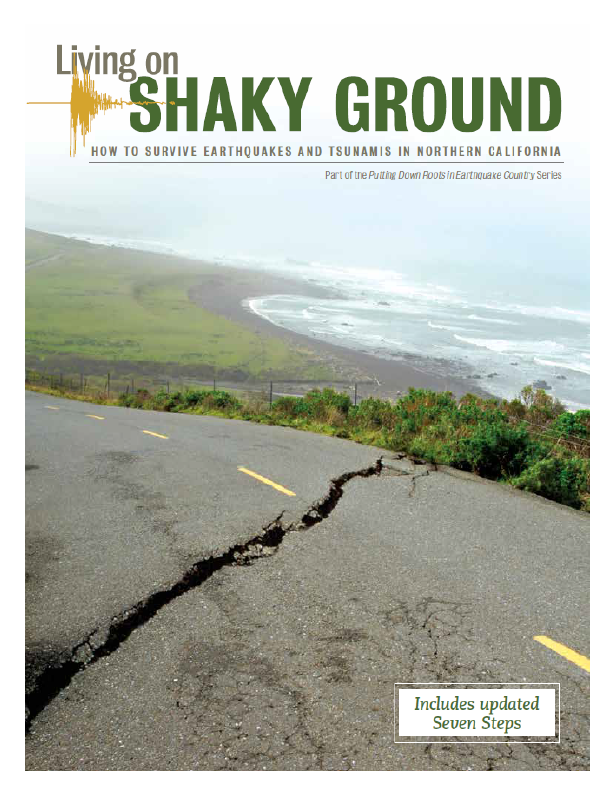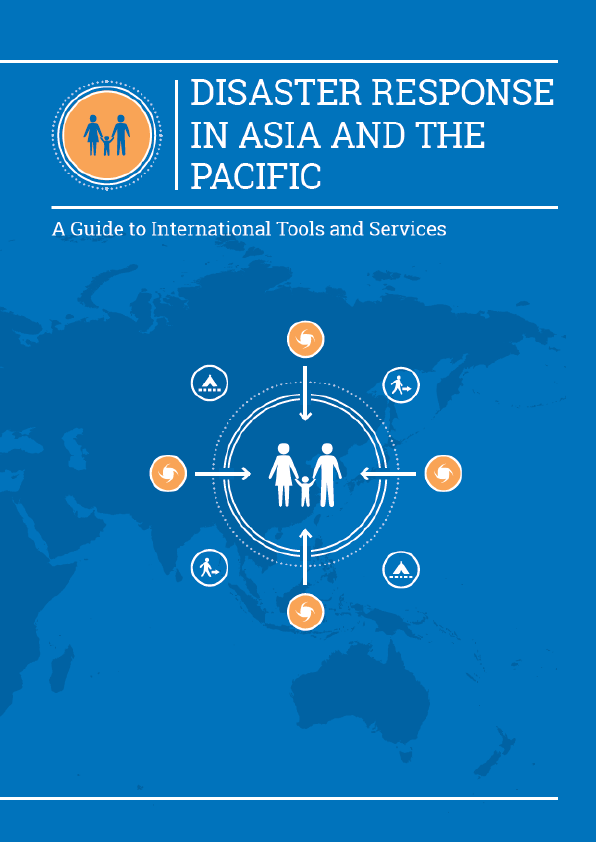Pathways to deforestation-free food
Developing supply chains free of deforestation and exploitation in the food and beverage sector
Deforestation or forest clearance is the removal of a forest or stand of trees from land that is then converted to non-forest use. Deforestation can involve conversion of forest land to farms, ranches, or urban use. The most concentrated deforestation occurs in tropical rainforests. Over the last few years, several food and beverage companies have made commitments to tackle deforestation in their supply chains. While this is a significant step forward, these companies must now implement their promises. They must translate policies into practices and strengthen their efforts to protect the rights and livelihoods of the communities and indigenous peoples on the frontlines of defending the world’s forests, to achieve real change.
Hidden in the food we buy every day, from chocolate to ice cream, are commodities like palm oil and soy that are driving deforestation across the world. From Indonesia to the Peruvian Amazon, vast areas of carbon-rich forest are being cleared to produce these agricultural commodities, contributing to climate change and social conflict.
In addition to the devastating loss of forests, the rapid expansion of these commodities into new areas is exacting a high human cost. In many instances, local communities and indigenous peoples are being forced out of their ancestral lands, and are facing increasing levels of violence and intimidation.
The food and beverage sector has a clear role in creating change, facilitating more responsible and sustainable production that ensures the protection of people and forests. The industry is one of the biggest consumers of the key agricultural commodities that contribute to deforestation; it therefore exerts tremendous influence over how these commodities are produced.
The recent commitments by a growing number of companies—including some of the world’s biggest food and beverage brands and traders—to eliminate deforestation from their supply chains are a significant step forward. However, in order for these commitments to translate into real change, companies need to put them into action. This paper analyses how the world’s ten biggest food and beverage companies, which were challenged to improve their environmental and social policies as part of Oxfam’s Behind the Brands campaign, and their key suppliers are implementing their commitments to eliminate deforestation from their supply chains. It analyses how these companies are addressing the impacts on human rights linked to deforestation in their agricultural supply chains, and the steps they are taking to translate policies into practice.
This paper finds that, while many food and beverage companies are making progress, key challenges remain. A glaring gap is that none of the analysed companies that have pledged to protect forests have policies to protect the human rights defenders who are on the frontlines of protecting the world’s forests and natural resources, despite the worsening levels of violence they face in many countries. Further, none of the analysed companies have policies to ensure that small-scale farmers who produce these commodities can earn a living income or that workers are paid a living wage. The analysis also demonstrates that companies are lagging in implementing robust traceability, transparency and risk assessment processes to achieve their sourcing commitments. Notably, few of the companies assessed have traceability to origin (farm or plantation), conduct human rights risk/impact assessments as per the UN Guiding Principles on Business and Human Rights, or disclose the percentage of suppliers that are compliant with the company’s supplier code or sourcing policy.
Several food and beverage companies have made commitments over the last few years to tackle deforestation in their supply chains. This paper analyses how the world’s ten biggest food and beverage companies – which were challenged to improve their environmental and social policies as part of Oxfam’s Behind the Brands campaign – are implementing their commitments to eliminate deforestation from their supply chains.
It argues that while this is a significant step forward, these companies must now implement their promises. They must translate policies into practice and strengthen their efforts to protect the rights and livelihoods of the communities and indigenous peoples on the frontlines of defending the world’s forests to achieve real change.
